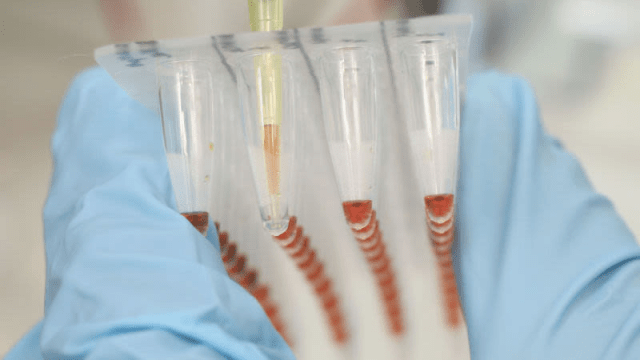More humans are having their genomes sequenced than ever before, but, as with most new technologies, DNA sequencing has not been equitably dispersed. The vast majority of people who have had their DNA sequenced are of European descent.
Photo: Getty Images
One 2016 analysis found that 80 per cent of participants in genome-wide association studies were European. Iceland, with a population of just 300,000, has captured genetic data from more than 100,000 of its citizens, and sequenced the full genome of thousands. Meanwhile, according to the nonprofit GenomeAsia 100K, only one per cent of genetic data comes from South Asians, who account for nearly a quarter of the global population.
But GenomeAsia 100k wants to close that genetic gap. The nonprofit consortium seeks to sequence 100 genomes of people from Sri Lanka, India, Nepal, Pakistan and Bangladesh. It’s part of an ambitious plan to sequence the genomes of 100,000 people from across Asia. It’s currently trying to raise $US150,000 ($190,409) through crowdfunding to help with its South Asian research.
Things such as genetic disease often have population-specific twists, so a lack of genetic information about South Asian people means a lack of research that could wind up leading to cures for genetic disease or disease in which genetics play a role, such as cancer. Researchers with the nonprofit are also collecting microbiome, clinical and phenotype information to for a deeper understanding of local genetics, and how those impact health. The data collected will be used to create tests for populations at high risk of passing on devastating genetic conditions to their children, as well as for research into clinical therapies.
South Asians, for example, have a greater risk of heart disease and diabetes than other populations. Genetic data could provide insight as to why. Such data could be particularly important in the region’s many small, close-knit communities, where arranged marriages within the community are common, giving matchmakers insight into genetic compatibility. In the Ashkenazi Jewish population, for example, such data has helped recessive diseases such as Tay-Sachs virtually disappear in cases of arranged marriages.
Greater study of South Asian genetics, one 2017 study concluded, offers great promise for reducing the devastation of disease.
[NBC News]
